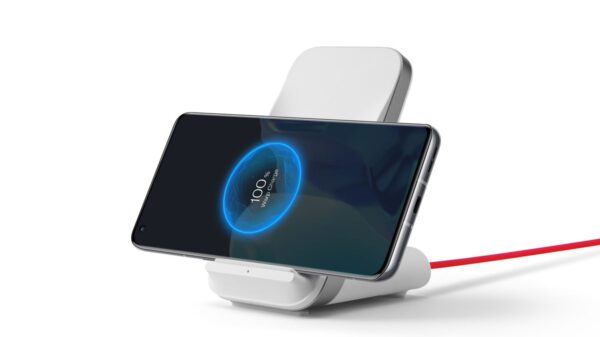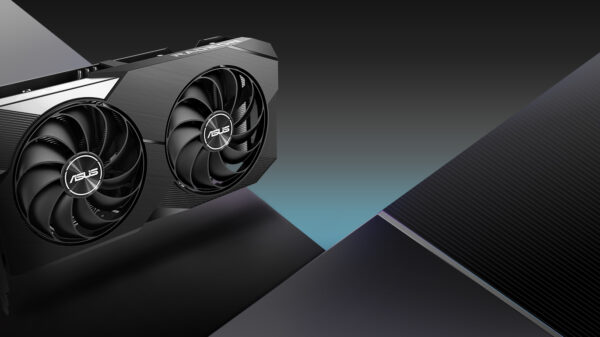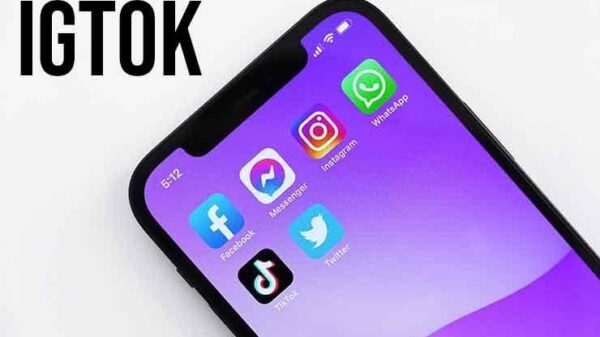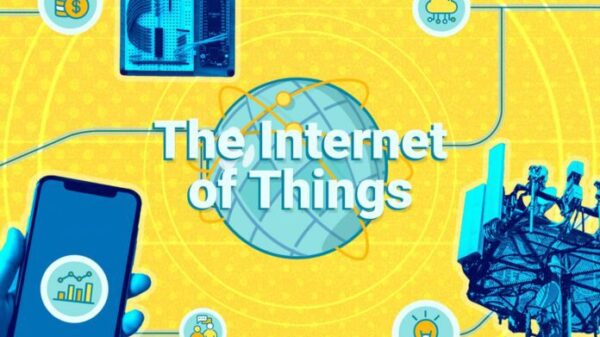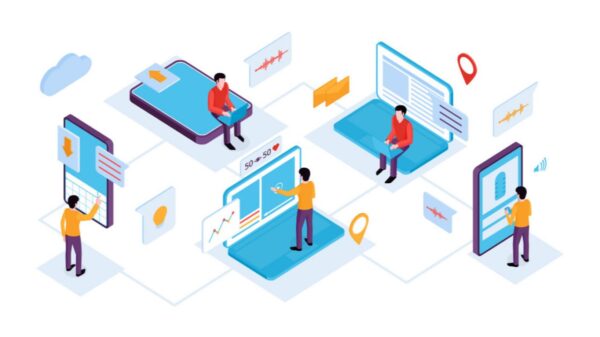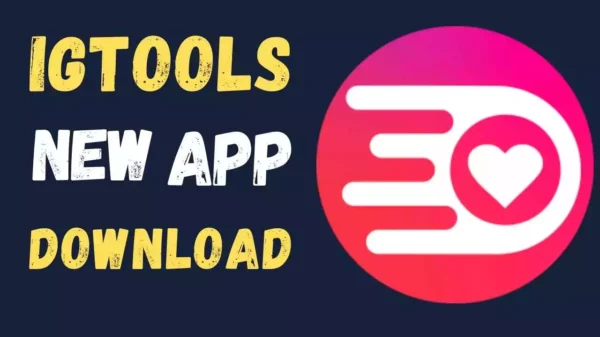The world is facing a big medical problem: a growing number of patients and not enough doctors to treat them. In these circumstances, could artificial intelligence be the cure? AI has the power to transform the way patients are diagnosed and treated and make the testing of new medical procedures more effective. Want to know more? Go on reading today’s post.
Also Read: Why Do People Think Glucofort Is A Good For Health ?
AI in Ophthalmology
Demand for services from medical app development companies specializing in AI is on the rise today for good reason. AI can diagnose over 50 types of eye disease just as well as a professional ophthalmologist but do so much more quickly. The AI system can analyze retinal scans within seconds and delineate all of the different disease features on them which can speed up the delivery of diagnosis and proper treatment. A human expert would probably take hours or days to complete the same task, whereas their AI assistant can cope with a huge amount of work faster and even more effectively. What’s more, AI-enabled solutions can be successfully used to address the growing global challenge of vision impairment.
According to the IAPB, in 2020, an estimated 596 million people had impaired vision worldwide, of whom 43 million were blind. And the situation is only getting worse. By 2059, both these figures are set to increase by approximately 50 percent. Fortunately, AI serves as a valuable tool that helps specialists triage eye pathologists and detect the early stages of such diseases as glaucoma, age-related macular degeneration, cataracts, etc. AI solutions go a long way in analyzing posterior and anterior segment images, determining the improvement or aggravation of a disease, and interpreting a patient’s status.
And it’s not just eyesight. AI’s ability to mine and analyze patients’ data far more quickly than humans can mean diagnoses could improve in many areas of medicine. Today AI enables health care providers to do thousands of scans per day. And not only does this huge amount of data help specialists process essential information more efficiently but also serves as a perfect substrate for the further development of AI systems.
Potential Patient Privacy Threats
As with any innovative method of collecting important data, there are some privacy and security concerns about AI’s ability to protect patients’ clinical data and other sorts of sensitive information.
It’s not a secret that patient data gathered by AI can be shared between different clinics which essentially helps maximize the clinical data pool and improve the quality of care delivery. That being said, such data-sharing algorithms can get in the way of the protection of patient personal data.
Fortunately, machine learning technologies can be effectively used today to train healthcare algorithms responsible for processing and sharing patient data. Along with the traditional anonymization and pseudonymization techniques, medical professionals use deep learning algorithms. They train their clinical models in a way that enables them to keep all the data at the site of collection rather than sharing them with other healthcare facilities. Experts are convinced this technology could have other benefits like approving new treatments more quickly and safely.
Medical AI’s Rapid Expansion
By 2027, AI’s value in the healthcare market is projected to be eight times bigger than it is today. This growth can also be boosted if clinicians reduce their dependence on coders and start to develop their own AI systems. Recently, a team of clinicians in London Moorfields Eye Hospital managed to do what Google Brain did in 2018 – developed AI that can recognize gender from retinal scans. Something no human can do so far! A member of this research group created a code-free deep learning model capable of accurately identifying the gender from retinal images.
This is incredibly exciting because by positioning clinicians to develop their own models independently, it could really open the door to further discoveries in both disease patterns and disease biomarkers. Experts note that we’re at the tipping point that we saw in the late 1970s in the computing industry. So, if more people are empowered with AI technology, even if it is quite primitive in the beginning, they will come up with hundreds or even thousands of applications that will revolutionize the healthcare industry.
What Does the Future Hold for Medical AI?
Some medical industry workers believe a bright future lies ahead as AI becomes more advanced and sophisticated. AI algorithms are believed to enable healthcare providers to better analyze data and tailor their health care to suit each patient’s individual needs. From diagnosing glaucoma to deciding which surgery treatment options will work best for this or that patient. AI’s role in diagnostic medical imaging will continue to grow and make it possible to achieve high-precision results and improve examination efficiency. And make no mistake, AI has more, much more wonders in store for humanity.







